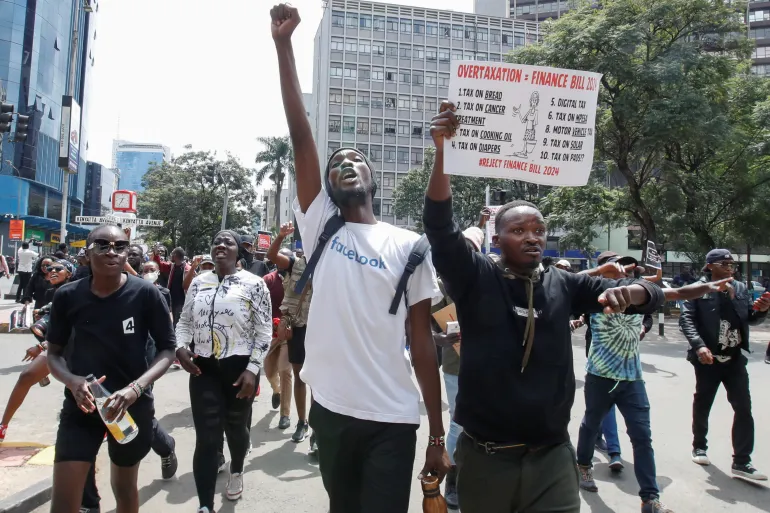MPs approve Finance Bill Second Reading amid Gen Z fury

MPs approve Finance Bill Second Reading amid Gen Z fury
The National Assembly has passed the contentious Finance Bill 2024 following a heated debate and widespread protests against the proposed tax measures across Kenya.
The Bill, which proposes several tax increases, aims to address Kenya’s budget deficit and finance essential public services in the Kes4 trillion 2024/25 Budget. For weeks, MPs have been pressured by the public to entirely reject the Bill, terming its proposals untenable given tough economic conditions already bedeviling the public.
On Thursday, however, the Finance Bill 2024 sailed through the Second Reading in the National Assembly with 204 MPs voting in favour and 115 opposing it.
Speaker Moses Wetangula announced that no legislator abstained from the vote. In response to growing public outcry, the Kenya Kwanza government made several amendments to the Bill, scrapping some of the most contentious tax proposals.
Notably, the proposed 16 percent VAT on bread, transportation of sugar, financial services, foreign exchange transactions, and the 2.5 percent Motor Vehicle Tax were removed.
Additionally, the increase in mobile money transfer fees and excise duty on vegetable oil were also scrapped.
Read also: Brace for higher prices with Finance Bill 2024
Government concessions
While the government has made concessions by amending the Bill, the widespread opposition especially among Kenya’s Generation Z segment of the population is a pointer to underlying issues of economic inequality and growing public distrust in the country that remain unresolved.
On the day of the Finance Bill 2024 debate and vote, the streets of major towns across Kenya were filled with crowds chanting slogans against the Bill. Protesters in Kisumu, Eldoret, Nakuru, Nyeri, and Isiolo among other towns demanded the rejection of the Bill, arguing that the proposed tax hikes would exacerbate the economic hardships facing ordinary citizens.
President William Ruto has defended the Bill, stating that the decision-making process must continue despite the protests. “Civil society is free to do what they want to do; those who want to demonstrate can demonstrate; it is their right, no problem, but decisions have to be made by institutions,” he said on Wednesday.
Social media has played a critical role in organizing and amplifying the protests globally. The hashtag #REJECTFINANCEBILL2024 has trended for days, with activists and citizens using platforms like X (formerly twitter) to voice their opposition and mobilize support.
Meanwhile, the National Police Service has stated that while protesters’ right to assemble will be respected, they will not be permitted to violate critical infrastructure or disrupt parliamentary proceedings.



